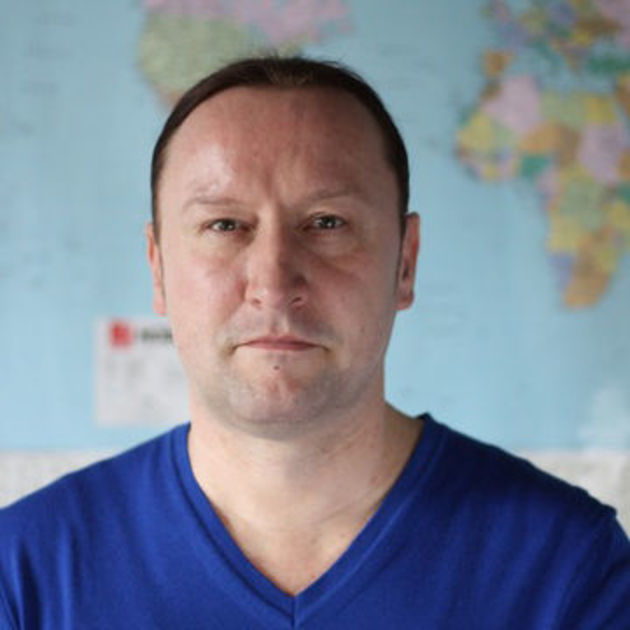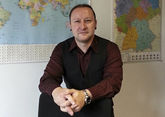Starting from noon on July 12, the Armenian armed forces violated the ceasefire in Azerbaijan's Tovuz region on the border with Armenia by artillery fire and tried to capture Azerbaijan's positions. Baku claims that having additionally militarized the border areas between the two countries, the Armenian side purposefully and systematically targets the civilian population, seeking to involve military-political organizations, member of which it is, into the Karabakh conflict, as well as to avoid responsibility for its aggression against Azerbaijan.
The aggravation of the situation caused public outcry globally. Berlin political scientist Heiko Langner commented on the situation in the Tovuz region, speaking to Vestnik Kavkaza.
- What are the reasons for the resumption of the conflict?
- There have been no active clashes between the Armenian and Azerbaijani military for a long time. The end of this period of calm has become a sign that the peace talks had failed and that the parties to the conflict had returned to "business as usual". Azerbaijan hoped that a change of government in Armenia two years ago would make the Armenian side more inclined to compromise. Instead, new Armenian PM Nikol Pashinyan quickly became a hardliner who openly designated the Nagorno-Karabakh region of Azerbaijan, which was occupied by Armenian forces, as part of Armenia. Such a position deprives peace talks of a basis. The immediate cause of the current clashes on the state border is hard to see from the side: both sides regularly accuse each other of escalating tensions.
- Why this time there are lashes on the state border, and not on the military contact line around the Nagorno-Karabakh region?
- The Nagorno-Karabakh conflict is a classic interstate territorial conflict between the South Caucasian republics of Armenia and Azerbaijan, since Armenia's regular armed forces make up the majority of the armed forces that occupy Nagorno-Karabakh and other territories of Azerbaijan in violation of international law. Therefore, military clashes are possible not only on the line of military contact around Nagorno-Karabakh, but actually on the entire border between Armenia and Azerbaijan. The danger always exists when both sides of the conflict have concentrated large numbers of military equipment and military personnel and watch each other.
- What can Russia do to support a political settlement of the conflict?
- Russia is undoubtedly the most influential mediator in the OSCE Minsk Group. Moscow will have to significantly increase its mediation efforts and put more pressure on the negotiations. I think that all officially known Russian proposals are appropriate. However, it is no longer sufficient to focus only on confidence-building measures. Negotiations have been ongoing since 1994 without changing the status quo. It is necessary to change the status quo to ensure peace. In particular, this means that it is necessary to begin the implementation of the so-called Madrid Basic Principles, agreed by the parties to the conflict. They provide for a partial withdrawal of Armenia from the occupied territories outside Nagorno-Karabakh, which were populated by the Azerbaijani population before the war. If this happens, Azerbaijan will almost certainly remove the military option from the table. I am absolutely sure. The redefinition of the line of contact should be linked to an effective ceasefire in order to guarantee the legitimate security interests of the Armenian civilian population in Nagorno-Karabakh. This will qualitatively improve the prospects for a final peace settlement and save enough time.










